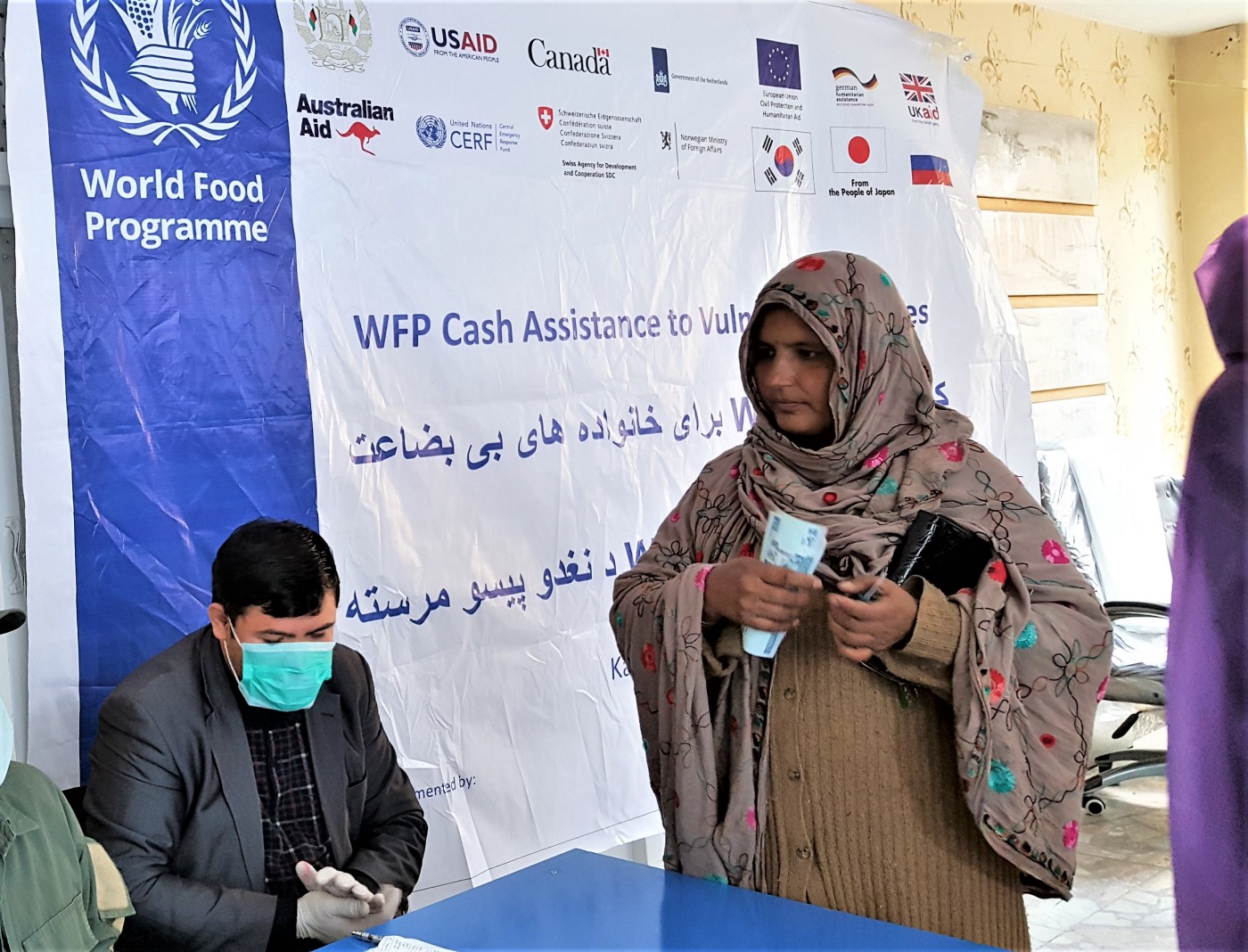
Part of a series on an advocacy agenda to halt COVID-19 pandemic
Photo: WFP/Mohammad Yasin Hessari
Acute Hunger could double. While COVID-19 hit rich countries first, the greatest death tolls will likely be in the poorest countries with weak health systems. This will devastate incomes of impoverished rural people and lead to more hunger. Special attention must be paid to the nutrition of mothers in the first “1,000 Days.”
Urgent appeal for additional US$2B in food aid. The UN Secretary-General on 25 March launched the COVID-19 Global Humanitarian Response Plan, requesting US$2 billion to boost the global response for the 100 million people already dependent on food aid.
Threat to food systems. As early as 6 March, the former head of the International Food Policy Research Institute (IFPRI) wrote “COVID-19 is a health crisis. But it could also lead to a food security crisis if proper measures are not taken…. Epidemics like HIV/AIDS, Ebola and the Middle East Respiratory Syndrome (MERS) have had negative impacts on food and nutrition security — particularly for vulnerable populations including children, women, the elderly and the poor.”
Trade restrictions make things worse. The politically popular move to impose export restrictions, even against the advice of experts, is fueled by a mistaken belief in shortages. The policy drives up food prices, hurting the poor the most. There is no shortage of staple food inventories and harvests are expected to be good. The issue will be economic recession, poverty and people’s inability to buy food.
Food systems are already rapidly transforming. The solutions to improving the incomes of the poorest – who are often food farmers – does not lie in increasing production, but rather in moving them up the value chain into what IFPRI calls the higher-income occupations in the “hidden middle” of agri food businesses. Regulations for food safety, for example, often become barriers to the informal markets operated by the poor, rather than incorporating and improving those markets.
Malnourished people are more likely to have severe COVID-19 symptoms due to nutrition’s impact on the immune system, based on experience battling the HIV/AIDS epidemic.
Cohesive Communities are key. IFPRI experts cite a new UNAIDS publication, Rights in the Time of COVID-19: Lessons from HIV, which calls for an effective, community-led response.
“We need to build a culture of solidarity, trust and kindness…. Empowerment and guidance, rather than restrictions, can ensure that people can act without fear of losing their livelihood, sufficient food being on the table and the respect of their community.”
UNAIDS


